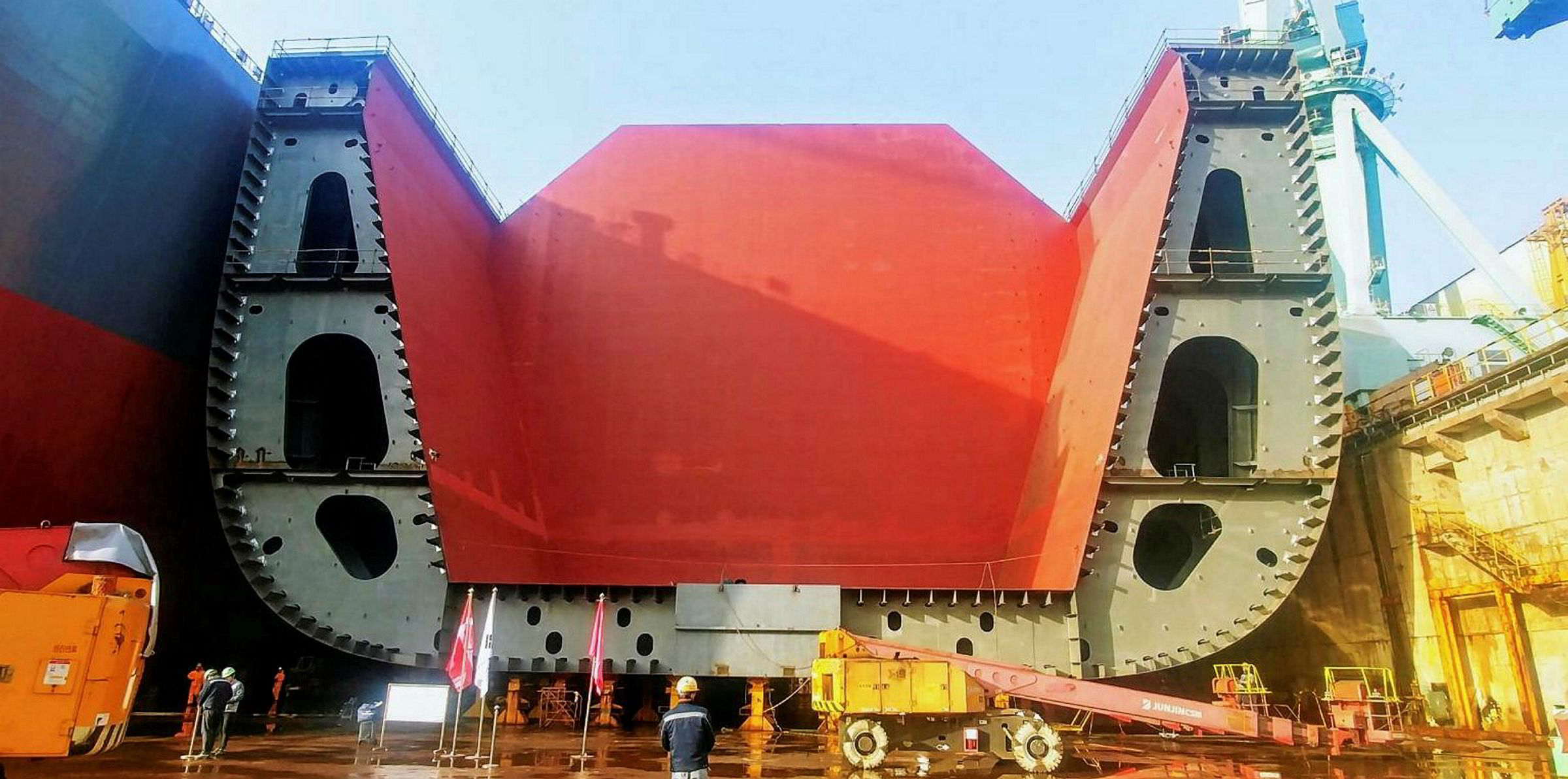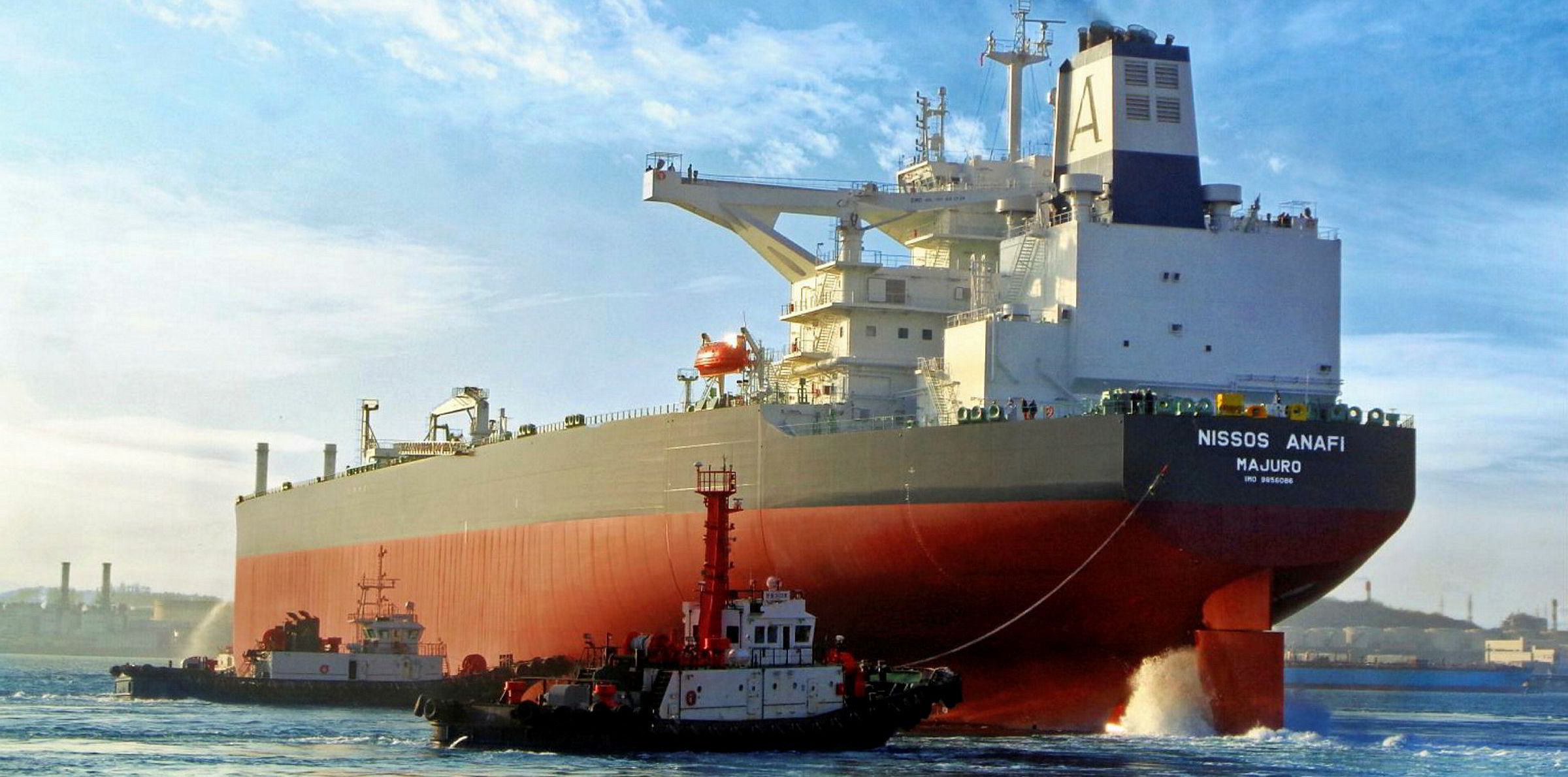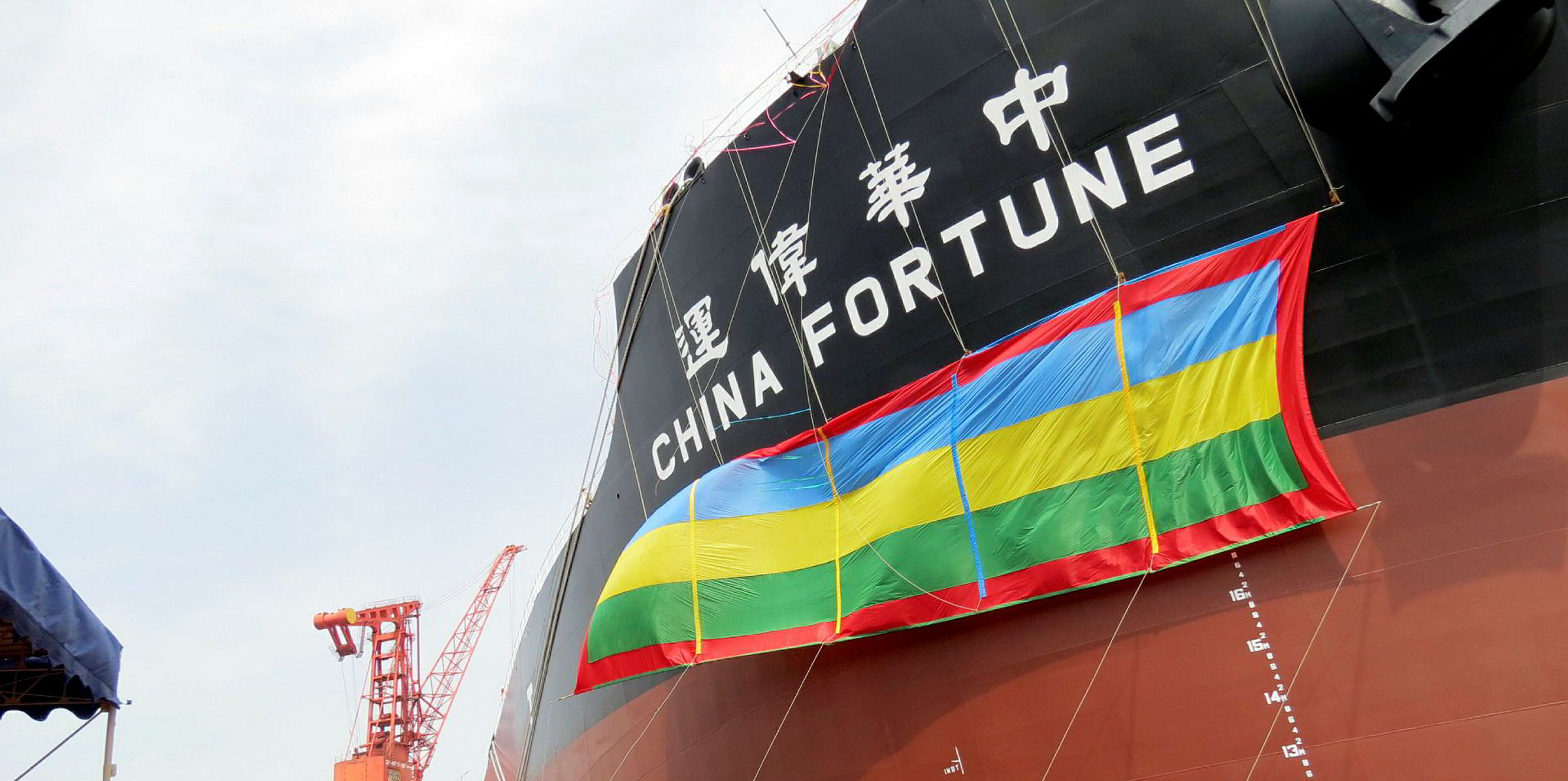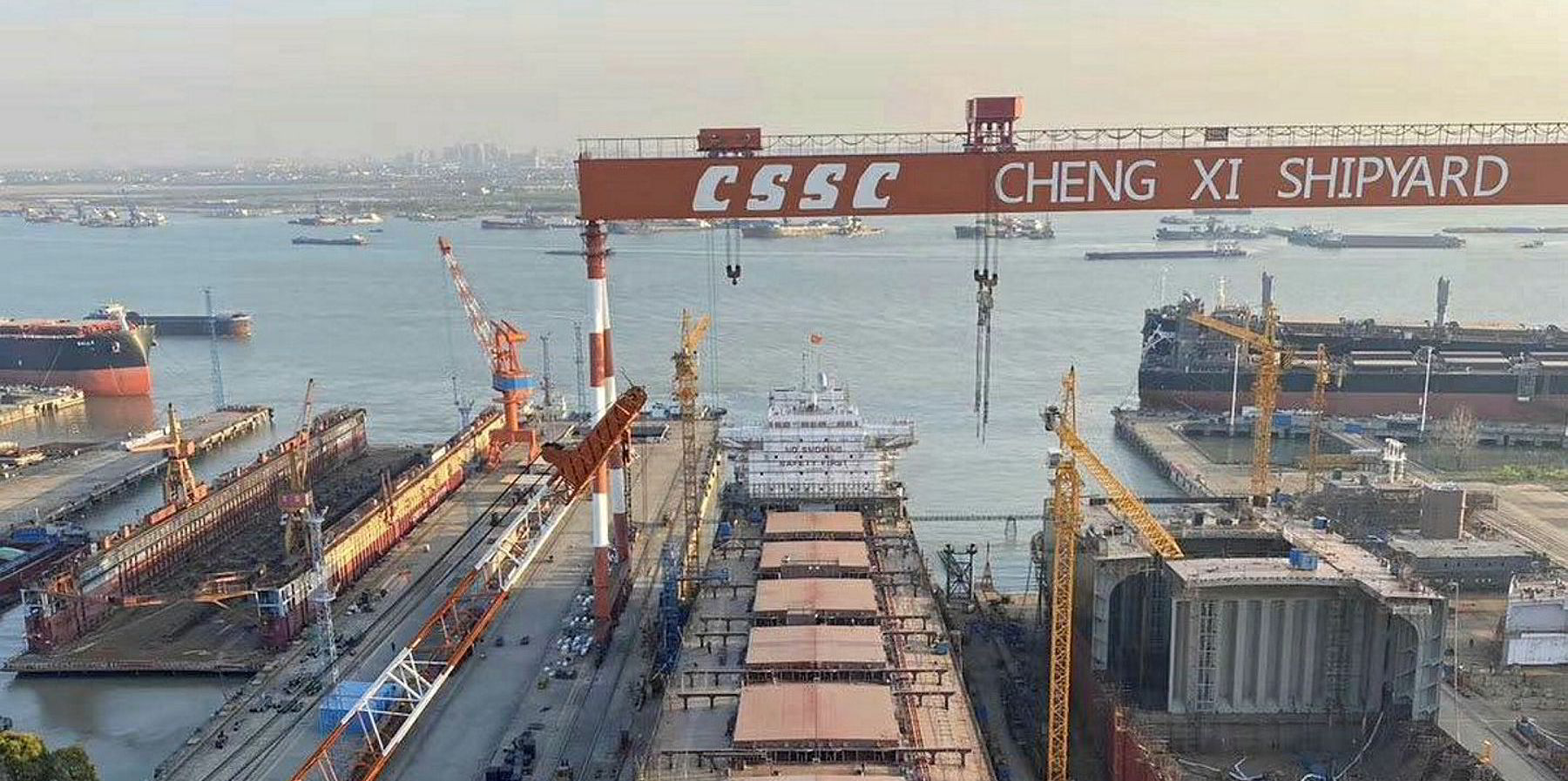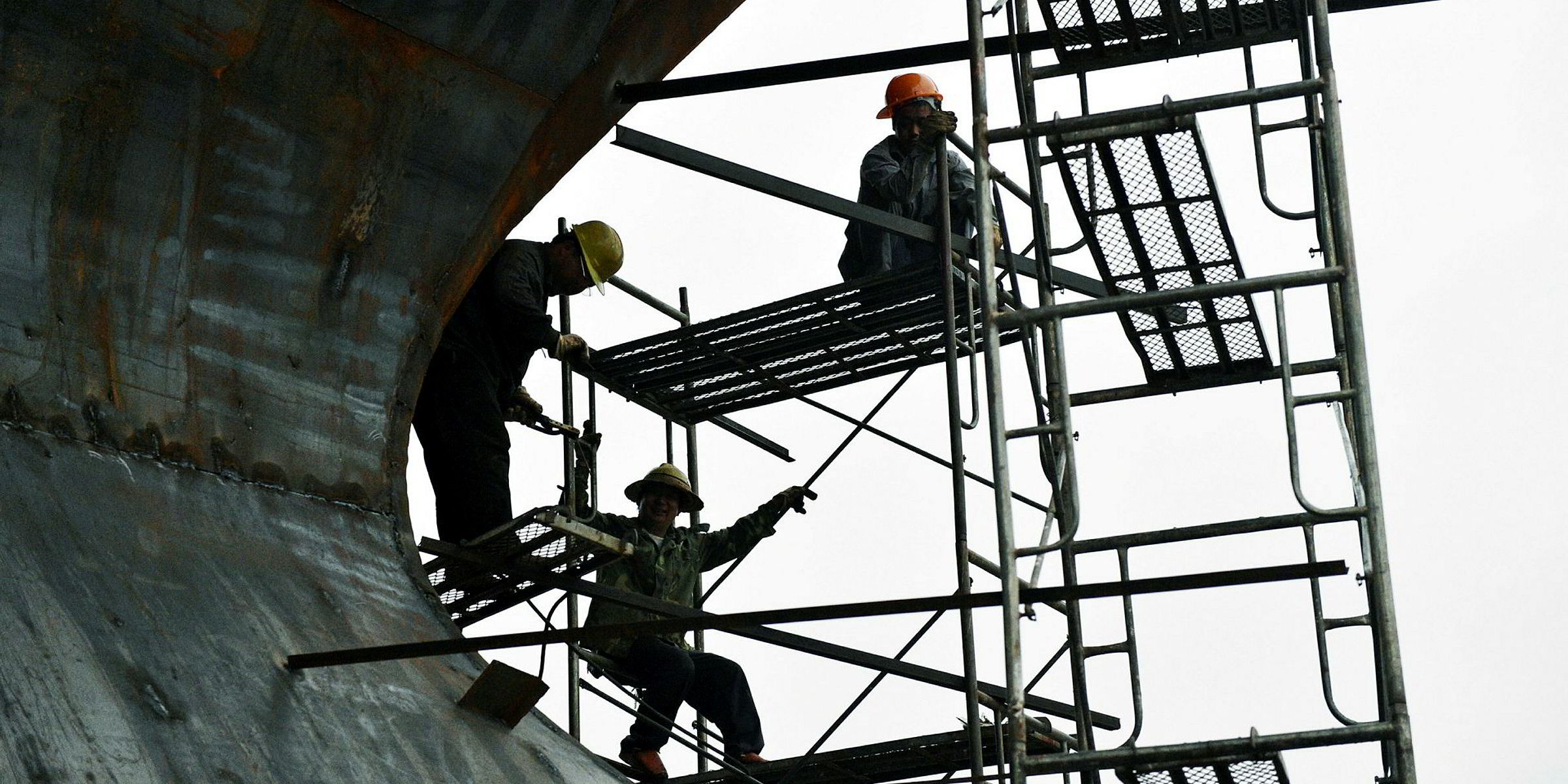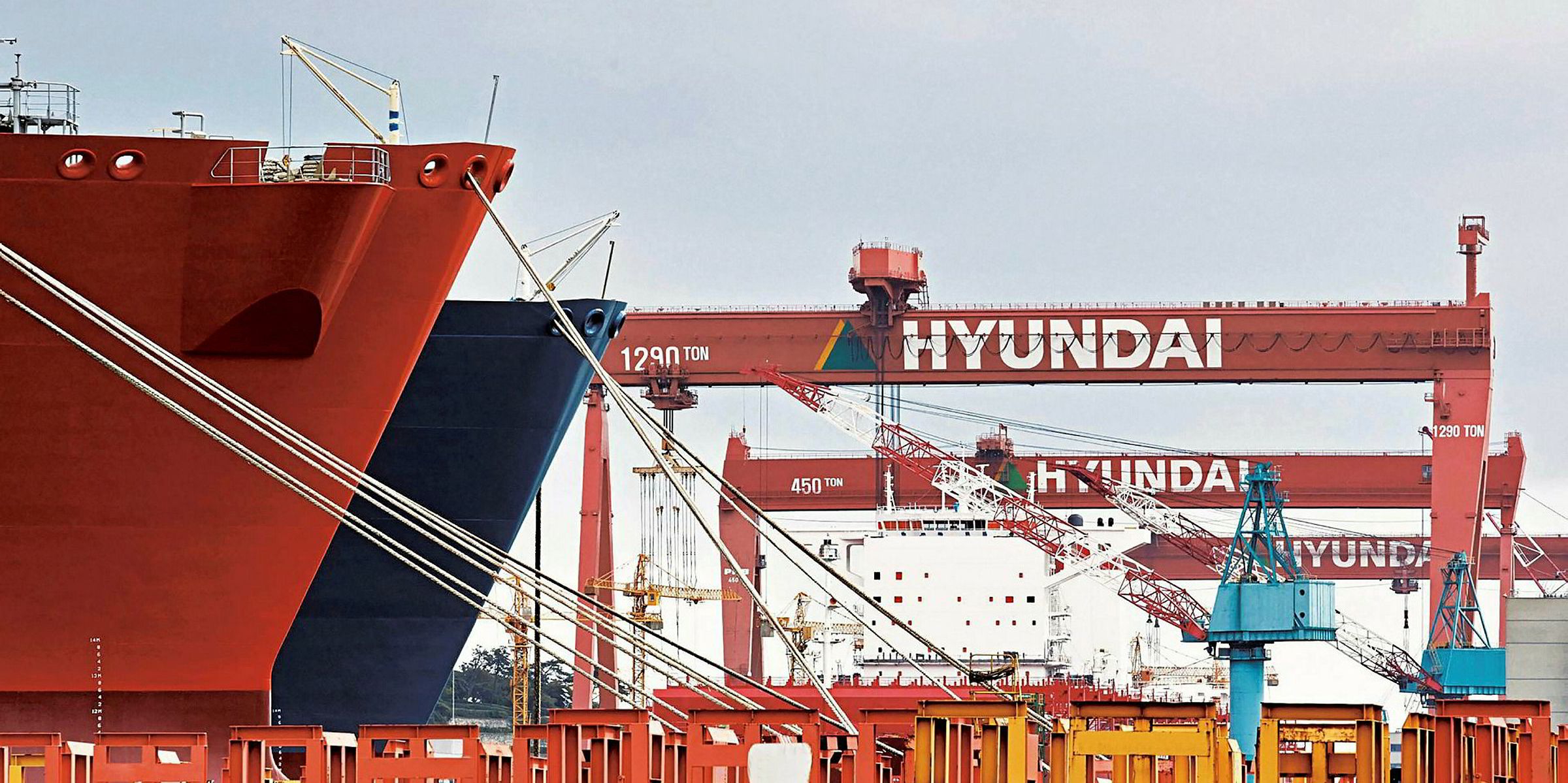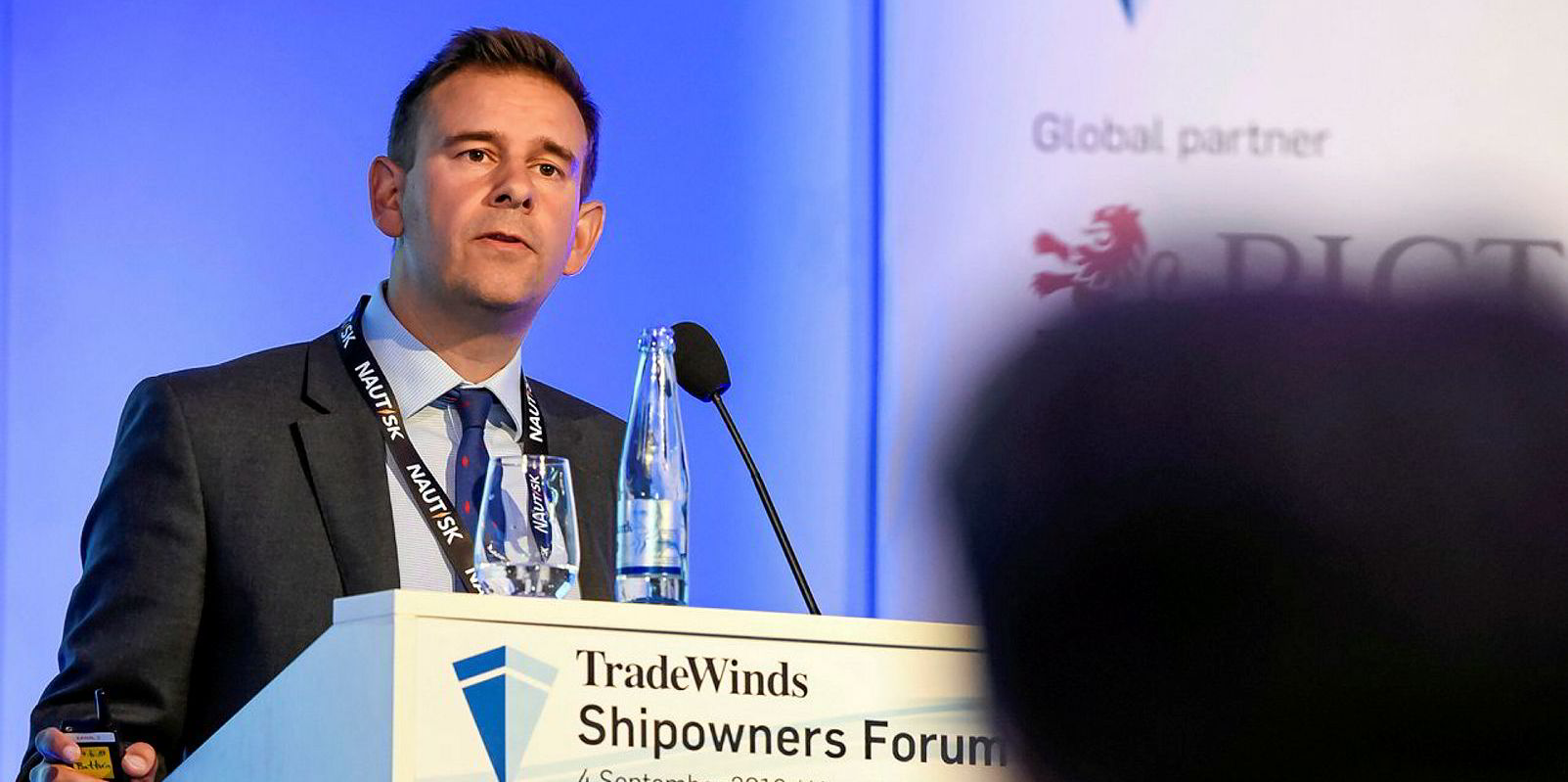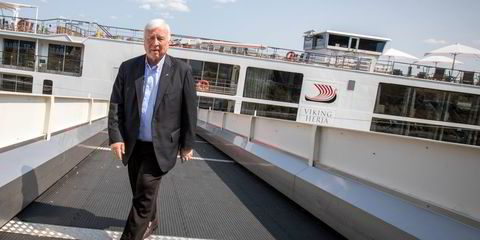Shipbuilders and newbuilding brokers are painting a gloomy outlook for ship-ordering prospects in the second half of this year on the back of ongoing weak enquiries.
The situation is heightening competition between Chinese and South Korean yards as shipbuilders compete for a smaller volume of new business and those in China branch out into areas where South Korean facilities have previously dominated.
The lack of fresh business and the suspension, slimming and slowdown of planned contracting since the Covid-19 outbreak is clearly proving frustrating.
There are almost no enquiries for large containerships, one broking shop representative in Asia said, explaining that Japan’s Ocean Network Express (ONE) has followed German boxship giant Hapag-Lloyd by parking up its earlier request for offers in the current weak trading market conditions.
“It’s [containership enquiry] completely dead,” the source said.
Unconvinced
He added that while some market players have indicated that this could be an opportunistic time to order large tanker tonnage, many owners appear to remain unconvinced, as they are unclear on the fuelling for their next generation of vessels that will best meet future emissions targets.
A South Korean shipbuilder said Chinese yards are proving “aggressive” when competing for LR2 and aframax tankers, pointing to Bank of Communications Financial Leasing (Bocomm Leasing)’s order of 12 LR2 newbuildings at Chinese shipyards for Shell as an example.
An official at a privately owned Chinese yard said newbuilding enquiries are slow. But the so-called Project Ambition enquiry for capesize bulkers, BHP’s dual-fuel bulker newbuildings and Shell’s LNG-fuelled VLCCs are creating work, with the presence of Chinese leasing companies helping domestic yards to compete.
Incoming orders are expected on gas in the second half, with South Korea’s big three shipbuilders due to net LNG newbuildings for Russian and East African projects. Qatar’s vast LNG berth reservation programme in South Korea and China also looms large but there is doubt about whether firm orders on this will be inked this year.
'Everybody will suffer'
“I’m not convinced the market will turn around in the second half,” one Asian-based newbuilding broker said. “Everybody will suffer.”
He said the current order drought is far more serious than what the market experienced in the wake of the 2009 economic collapse, as the market then was coming off a period of strong ordering and high oil prices.
In this month’s Covid-19: Shipping Impact Assessment, Clarksons Research said newbuilding orders in the first half of 2020 were down 53% on 2019 at 10.9m gt.
The broking house’s research arm said the tonnage order figure for the first six months of this year is 66% down on the post-2009 average.
Clarksons has described contracting activity this year as “extremely limited”. It said the global spread of the Covid-19 outbreak had severely impacted investor sentiment and amplified existing concerns over newbuilding fuelling and technology choices, with global travel restrictions limiting yards’ ability to conclude contracts.
Clarksons said with that even factoring in “aggressive marketing by yards” in the fourth quarter and support from domestic ordering, its projections would drop the newbuilding orderbook from 10% to 9.1% in gt terms, or from 9% to 8% in dwt.
The broker said this would suggest a period of relatively low fleet growth post Covid-19.
But it added: “The Green Transition continues to offer longer-term opportunities for yards.”
Clarksons estimated that around 30% of all shipbuilding orders scheduled for 2020 delivery dates may slip over into 2021. This is double what the company was estimating at the start of this year.
As a result, the broker is downgrading its shipbuilding output for the year by 10% to 49m gt.
Clarksons said that, at present, it is projecting the world’s fleet to grow at about 2% in tonnage terms this year. This compares with fleet growth of 7.4% in 2009.
